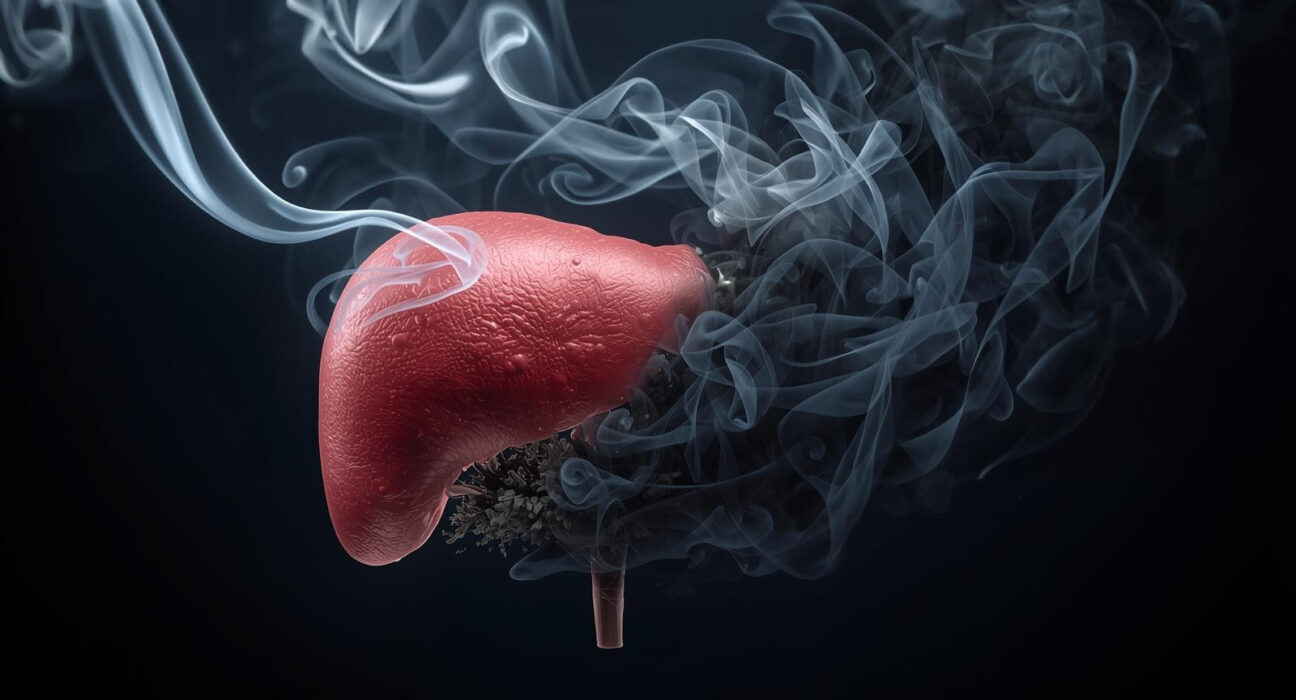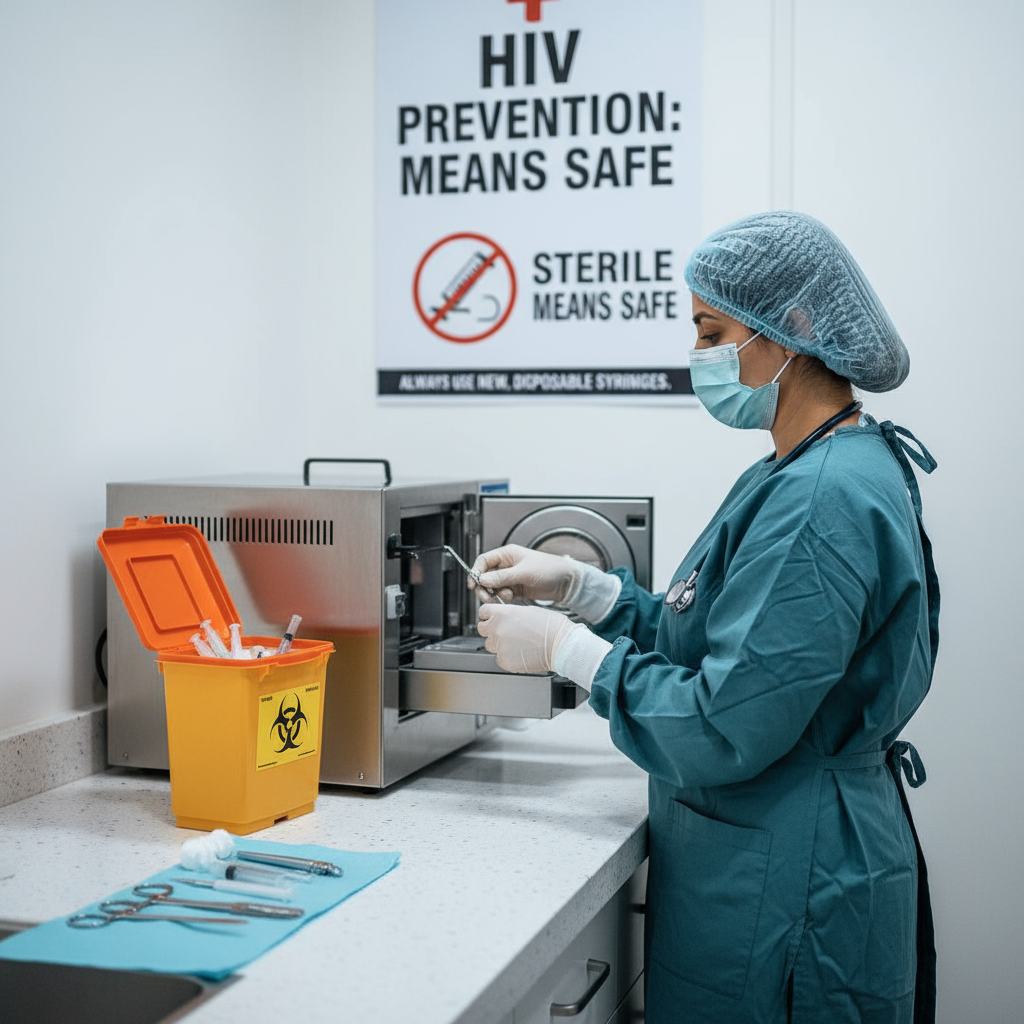Pancreatic cancer is among the most lethal forms of cancer, often diagnosed at advanced stages when treatment options are limited. A new study has revealed that cigarette smoke may play a direct role in accelerating the disease, fueling both tumor growth and its spread.
Researchers observed that chemicals in cigarette smoke can activate specific biological pathways, making pancreatic tumors more aggressive. According to the study, exposure to smoke appears to stimulate inflammatory responses that help cancer cells grow faster and invade surrounding tissues.
“Cigarette smoke doesn’t just raise the risk of developing pancreatic cancer—it may also worsen the disease once it appears.” experts explained. This discovery sheds new light on why patients who smoke tend to face poorer outcomes compared to non-smokers.
Pancreatic cancer remains one of the deadliest cancers worldwide, with survival rates significantly lower than other major cancers. The findings underscore the critical importance of smoking cessation efforts, particularly among high-risk groups.
Medical professionals emphasize that prevention remains the strongest defense. Reducing tobacco use could significantly lower not only the likelihood of developing pancreatic cancer but also the severity of the disease in those diagnosed.
With more than 95% of pancreatic cancer patients succumbing to the illness within five years of diagnosis, this research highlights how lifestyle choices like smoking directly impact survival chances. Experts are now calling for heightened awareness campaigns and stronger public health measures to combat the deadly link between smoking and pancreatic cancer progression.
Cigarette Smoke Linked to Aggressive Pancreatic Cancer Growth, Study Finds






